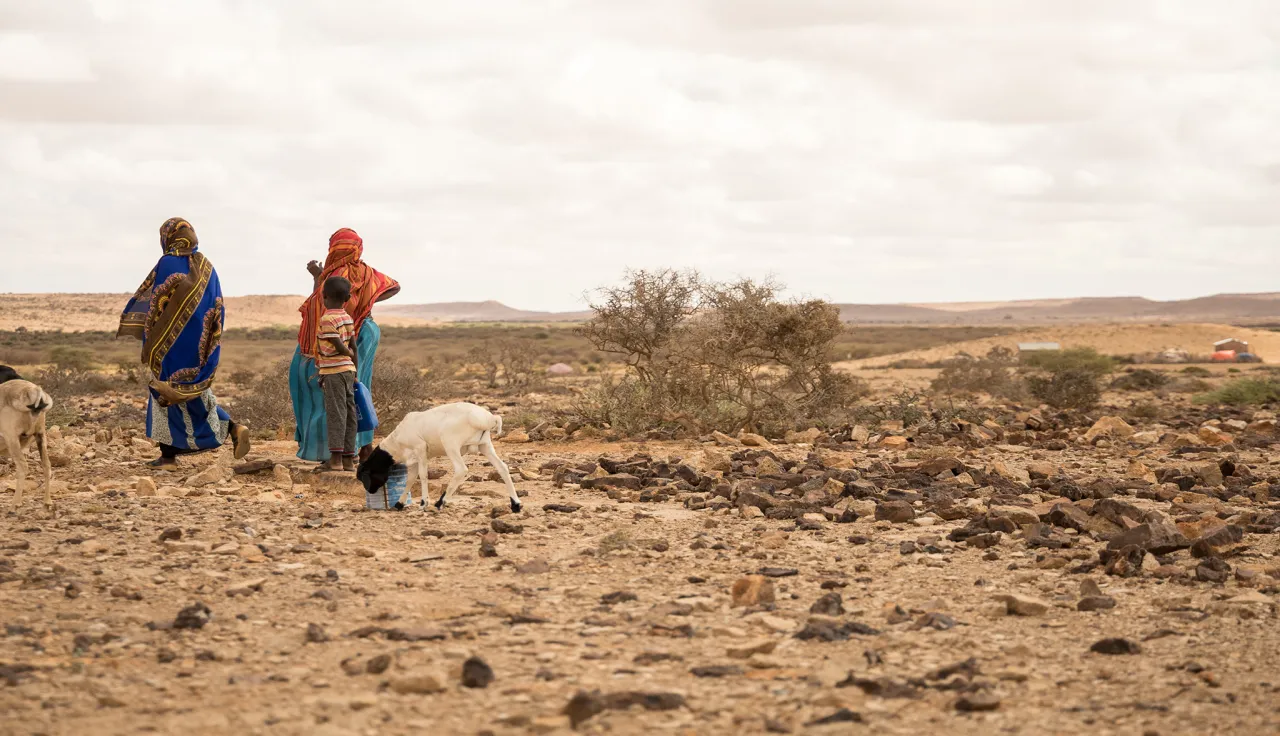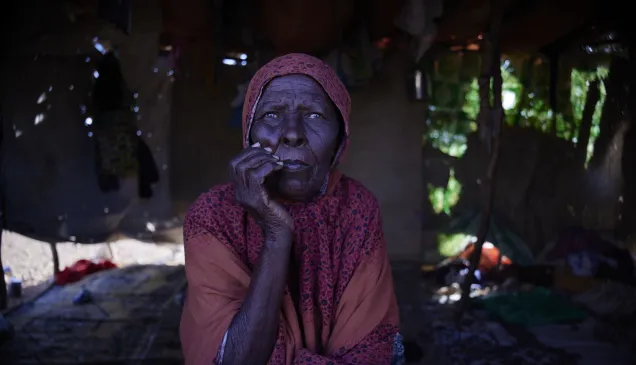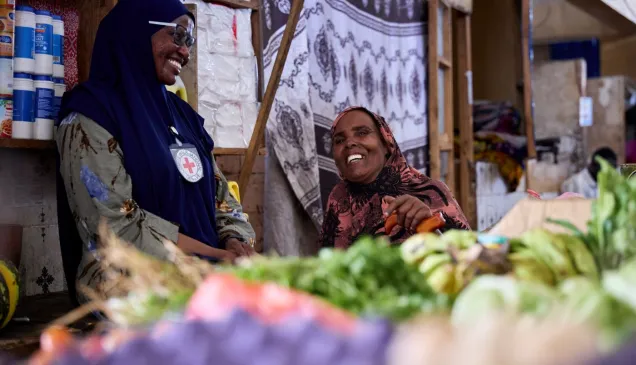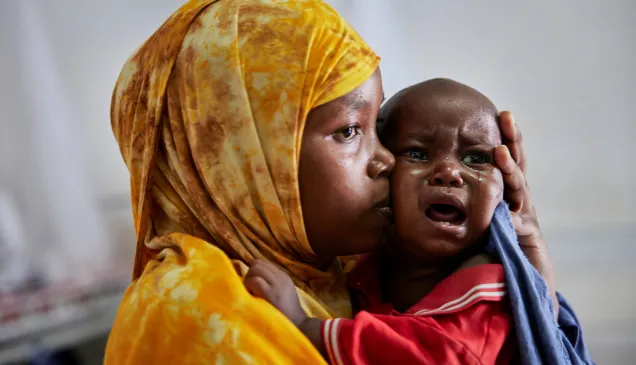I have completed my visit to Somalia today with a heavy heart. Thirty years ago, when I first came to work in this country, I could not possibly imagine that the armed conflict, which caused so much pain and devastation, would still drag on three decades later, destroying lives and livelihoods. An entire generation of Somalis have come of age and raised their children without having seen a day of peace.
The Somalia crisis is one of the most protracted in the region and one thing that worries me is that we don't hear about it very often. It seems the world has come to accept this untenable situation, which keeps going from bad to worse, as normal.
For me, the conflict in Somalia is not normal, and the world cannot accept it as normal.
I have met people who lost everything but the hope that their children will live in a peaceful country one day. It is painful to hear testimonies of those who fled their homes, who lost their livelihoods and struggle to put food on the table. Looking at the numbers that show the scope of this suffering is unbearable. Nearly 3 million are displaced, close to 1.6 million face a high level of food insecurity and around three-quarters of the population live on less than US$2 per day.
As Somalia grapples with the old challenges created by a protracted conflict, it must face the new ones that our time has brought forth. One of the most vulnerable countries to climate change, it is also one of the least prepared. Droughts and floods have become so frequent that people hardly have time to recover before the next crisis hits. This is doubly so if they face displacement and other hardships. At the same time, the conflict has affected governance and institutions, the economy and social cohesion, limiting the country's capacity to cope.
In the past 30 years, my organization has lived through many painful moments in Somalia; we have lost dedicated colleagues who remain close to our hearts. While so many people urgently need humanitarian assistance to get back on their feet, we know that the space for neutral and impartial humanitarian action remains extremely limited. We and our partners at the Somalia Red Crescent Society often see that the communities the most in need are also those the hardest to reach and the most neglected. This is why I will never stop saying how crucial it is to keep humanitarian assistance outside of politics and will never stop calling on all the stakeholders to do everything in their power to facilitate humanitarian access.
For further information, please contact:
Abdikarim Mohamed Abdullahi, mabdikarim@icrc.org, M. +2547701717256
Alyona Synenko, ICRC Nairobi, asynenko@icrc.org M. +254716897265




